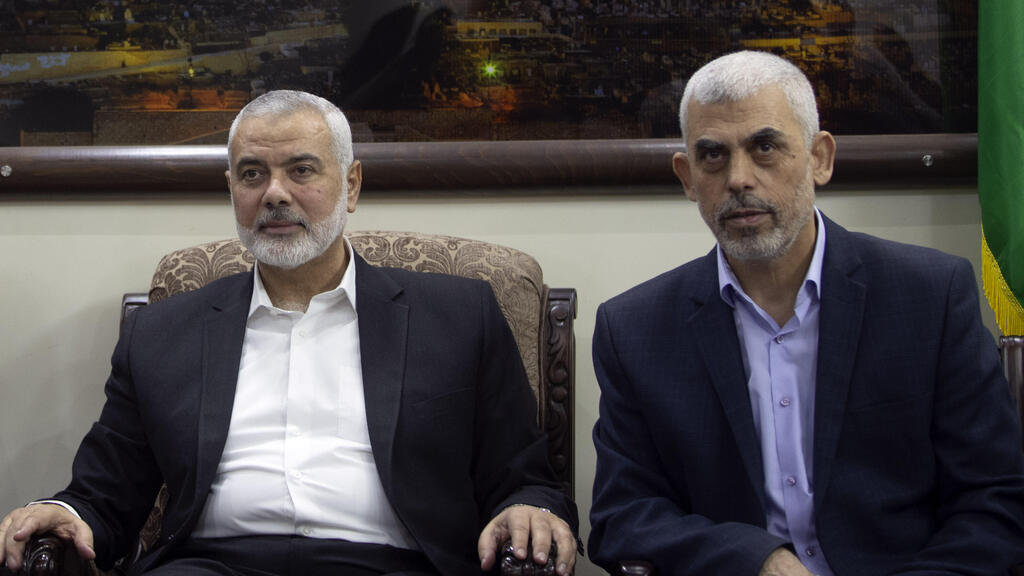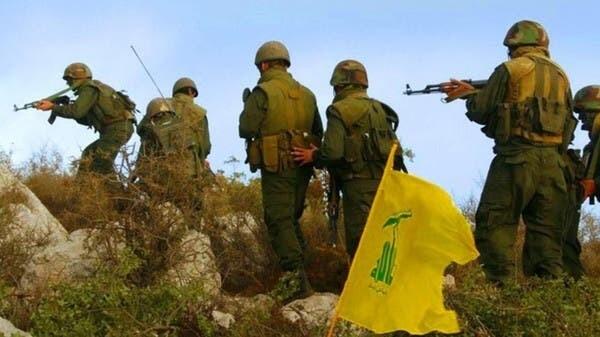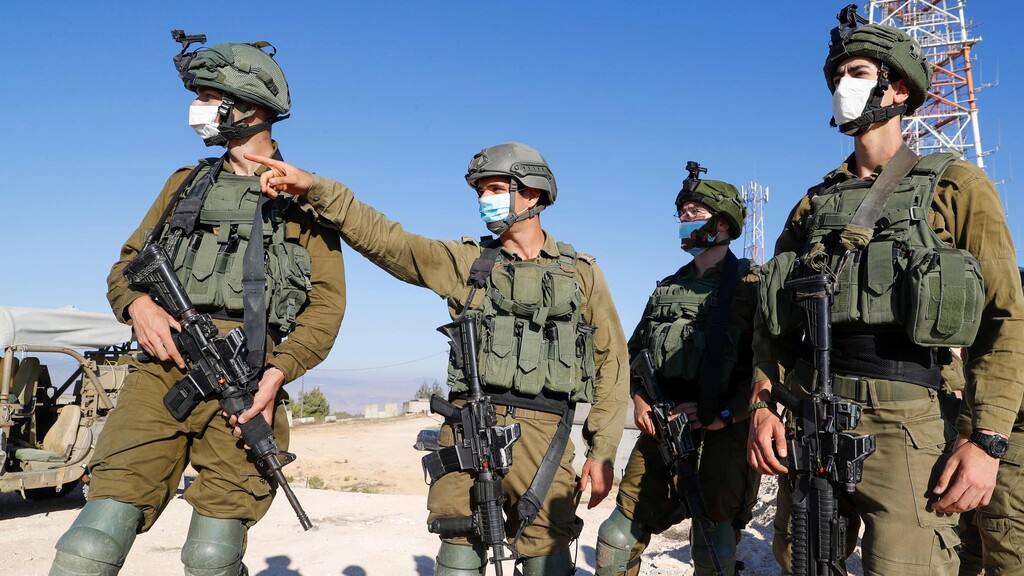Getting your Trinity Audio player ready...
Due to the current regional situation and decreased tensions in several sectors, the IDF has changed its priorities regarding threats to Israel.
While the Lebanon-based terrorist organization Hezbollah remains the most dangerous enemy in the north, both to Israel’s homefront and out in the battlefield - it is actually the Gaza Strip that Israel’s defense establishment now considers the most pressing issue.
6 View gallery
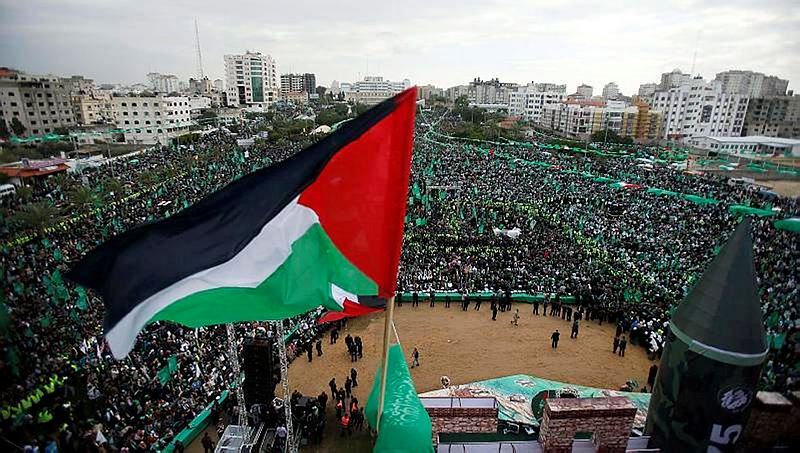

A Hamas rally in Gaza, celebrating 25 years to the formation of the organization
(Photo: Reuters)
Why did Gaza climb to the top of Israel’s threat list? "Because Gaza is unstable and explosive," a senior IDF official replies.
"If we do not reach a stable settlement with Hamas that includes the transfer of Qatari money for about a year, allowing Gazan work in Israel, desalination, an industrial zone and a solution to the issue of prisoners and missing persons, we may soon find ourselves in an escalation that will see many of our forces enter Gaza,” adds the official.
The Egyptians are trying to mediate between Israel, Hamas and the Islamic Jihad, and forge an arrangement that will immediately alleviate the economic and social distress of the Gazan people.
The establishment of a port and airport in the Palestinian enclave is not included in the Egyptian-led negotiations, despite the wishes of the two organizations - this has pushed the IDF General Staff to review its operational plans for a campaign in Gaza.
While both Israel and Hamas wish to avoid such escalation, both sides may find themselves facing off due to events sparked by Hamas - such as a protest that got out of control - or an operational error by the IDF - this is why Gaza currently stands at the top.
Number two in the IDF’s list of priorities was, and remains, Iran's effort to establish additional fronts against Israel in Syria, Iraq and Yemen.
And while the Iranians are still sending precision surface-to-surface missiles to Syria, and are also trying to restrict Israeli freedom of action in the skies of Syria and Lebanon by other means - they have lowered their profile recently, mainly because of the coronavirus pandemic, the stringent U.S. sanctions and the anticipation for the results of the U.S. elections.
For now, those from remains less volatile than in Gaza - consequently causing the IDF to somewhat change its priorities.
Number three is the possibility of an Iranian breakthrough in its nuclear weapons program. The IDF is also busy tackling Iran's rapid developments in the fields of missiles, air defense systems and cyber attacks.
Number four is the West Bank, which is already heating up due to the reckless and defiant policy of Palestinian Authority (PA) President Mahmoud Abbas.
Abbas is over 80-years-old, the younger Palestinian generation has lost faith in him, and to a large extent in his potential successors who are already waging power struggles among themselves.
6 View gallery
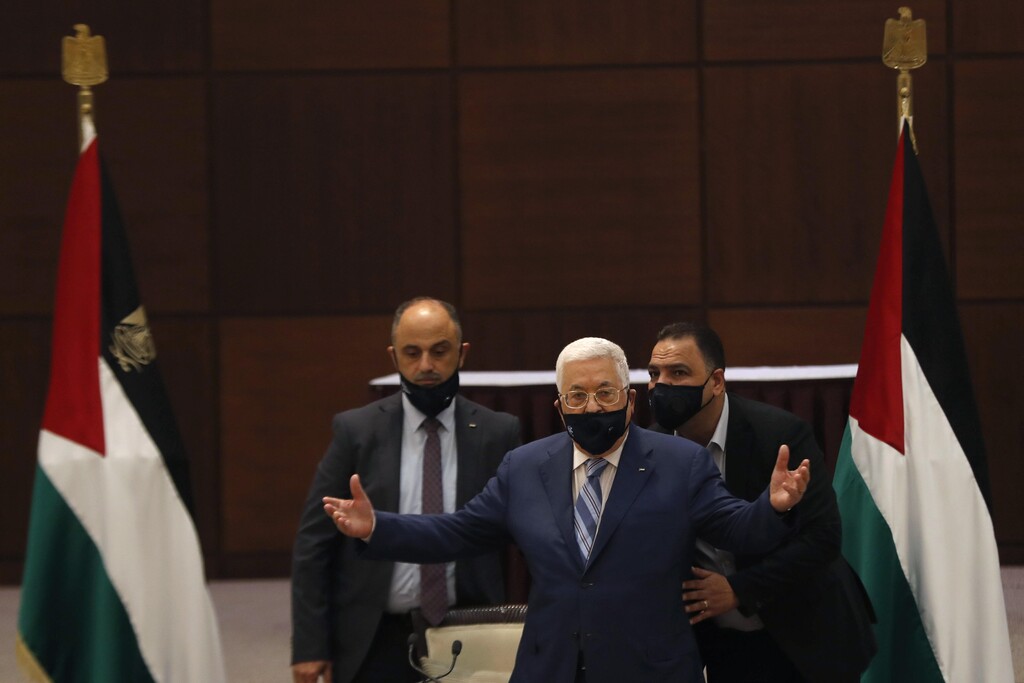

President Mahmoud Abbas gestures during a meeting with the Palestinian leadership to discuss the United Arab Emirates' deal with Israel to normalize relations,
(Photo: EPA)
While the breaking down of security coordination between Israel and the PA did little to harm the Shin Bet and the IDF's ability to thwart acts of terrorism, it did serve to make the West Bank almost as explosive as Gaza, prompting the IDF to prepare to deal with terrorism and unrest on different levels of intensity in the region.
Surprisingly, Hezbollah ranks only fifth on the IDF’s list of priorities.
The senior officer explains that as far as Hezbollah is concerned, Israel has already geared up for any type of conflict - from an escalation that will lead to several days of fighting to an all-out war.
6 View gallery
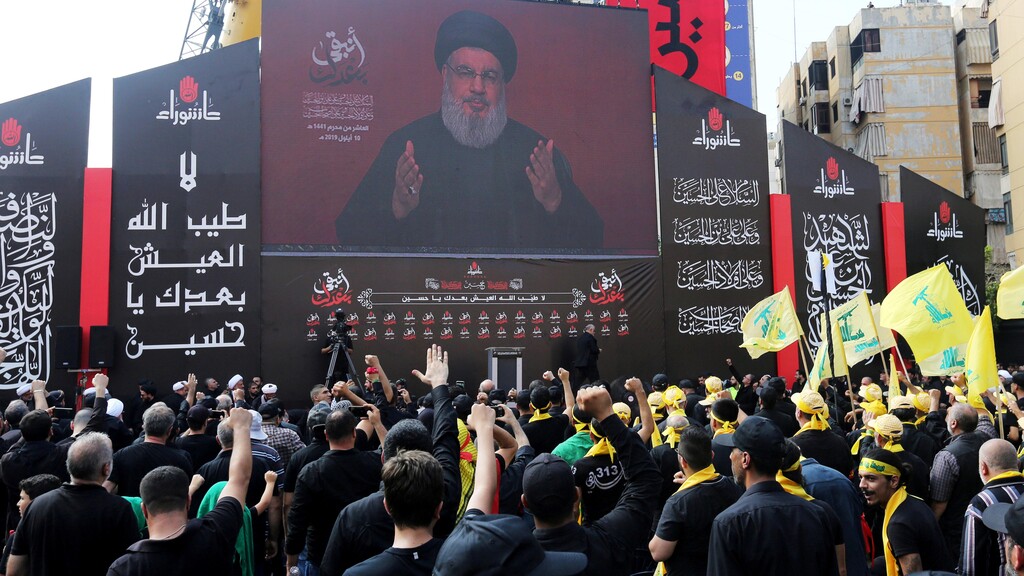

Hezbollah leader, Hassan Nasrallah, giving a speech in Labnon's capital city of Beirut
(Photo: Reuters)
"What Lebanon got served in 33 days of fighting in 2006 (the Second Lebanon War) it will now receive in one day,” says the official.
Still, the IDF has been on standby and on alert on the northern border for several months now, due to the organization’s leader Hassan Nasrallah's intention to avenge the death of a Lebanese truck driver in an explosion at a Damascus airport attributed to Israel.
And while the IDF does not intend to let Nasrallah have his way, the pandemic-induced closure in the area means there are fewer elements out in play on the northern frontier.
Ultimately, it's the need to deal with any fast-evolving conflict in both Gaza and in the northern front that has changed the IDF’s priorities.
Meanwhile, the spread of the virus and the high infection rate in the IDF could potentially impair the army's readiness for war, as well as any operational activities and training which include large groups of soldiers.
This, alongside Israel's political crisis, has led the IDF to a budgetary crisis that forces Chief of Staff Aviv Kochavi and the IDF's senior command to choose between high preparedness for war and implementing certain reforms which Kochavi believes will hand Israel its next victory.
Despite this, the current policy is to maintain maximum and immediate vigilance in order to avoid any escalation that could evolve into a full-out war in the span of a few hours, like with the Second Lebanon War back in 2006.


